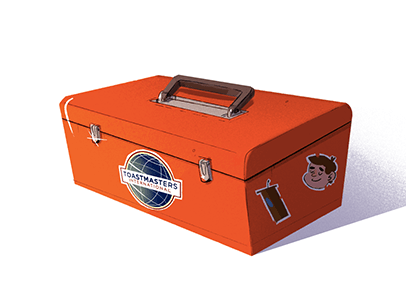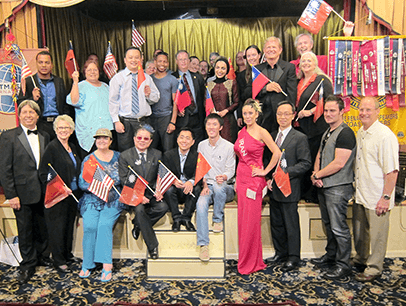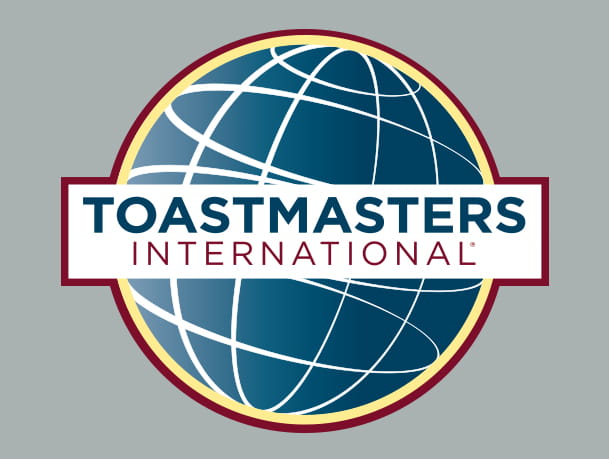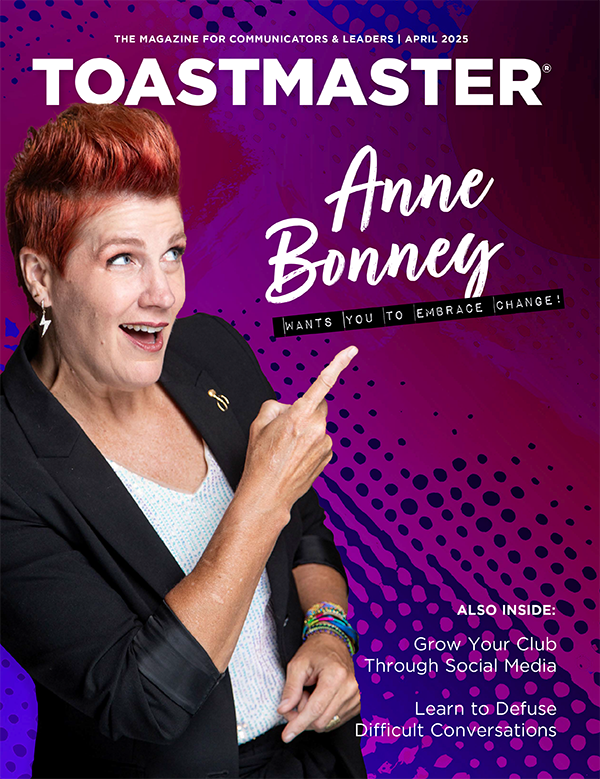
Why do clubs sustain success? Because they serve the needs of individual club members, and they do it in ways that can be measured.
Through research reports, Toastmasters International identifies members’ most important needs and individual goals. The information gathered shows how clubs that consistently enable members to meet their goals are successful and have certain characteristics that can be measured. (To see the reports, visit the Statistics and Data Hub on the Toastmasters website.)
Those measurable goals are reflected in the Distinguished Club Program (DCP). The 10 DCP goals direct leaders’ attention to the real drivers of sustainable club success.
I remember my own experience with the DCP. I had only been a member for a few weeks when our club’s Vice President Education announced we were on track to becoming a “Distinguished” club. Everyone clapped, including me.
“We only need one more DCP goal by the end of the month,” he said. I thought, Wow, I wonder where we get these DCPs. I listened carefully, trying to figure out this new language of Toastmasters.
Having retired from the U.S. Marine Corps and worked 17 years for the U.S. Navy at that time, I can say that the number of abbreviations and acronyms used in these two armed-service branches are mind-numbing. For Toastmasters, it is easy to forget that someone new in your audience may not recognize the terms you use.
While I noticed how Toastmasters business resembles corporate business meetings, and felt this was great for efficiency and productivity, I wondered about my own needs—the reason I joined Toastmasters. What about me—the “What’s in it for me?” (WIIFM) as a member. Meetings started sounding like they were all about the District’s goals. Why should I care about the DCP?
It’s because the recognition—the Distinguished status (or higher) earned by a club—indicates that the club provides the positive and supportive learning environment that will aid members in meeting their goals. When speaking about the DCP goals, use terms that members can easily understand to create member buy-in sooner.
The following examples of the DCP goals show why they are important for individual members as well as for the club as a whole.
Education
GOALS 1 AND 2:
- Four members have to complete Level 1 in the Pathways learning experience. (DCP educational goals have to be met by separate individuals within each category.)
- Two members have to complete Level 2 in Pathways.
Having members complete Levels 1 and 2 is evidence that a club is concentrating on meeting the basic needs of its members by improving their public speaking skills. The projects in these two levels teach building blocks necessary to develop and deliver a competent and effective speech, such as speech structure, body language, and vocal variety. Clubs that continually produce members with Level 1 and Level 2 awards for completion are providing the educational platform that members seek in Toastmasters.
GOALS 3 AND 4:
- Two more Level 2 completion awards.
- Two Level 3 completion awards.
Producing members who have completed Level 3 is evidence that a club is retaining skilled speakers who wish to become polished speakers. These members are essential because they demonstrate by their examples what can be accomplished in Toastmasters. They also have the expertise to provide skilled evaluations that support and encourage new members to continue striving to improve.
GOALS 5 AND 6:
- One Level 4 completion, Level 5 completion, or DTM award.
- One more Level 4, Level 5, or DTM award.
The projects in Levels 4 and 5 are complex and often require taking an extended leadership role to complete a project. To complete a path, each member must fulfill the roles of speech evaluator, Topicsmaster, and Toastmaster for at least one meeting. These roles are essential to conducting an effective club meeting, which is the foundation for aiding each member in meeting their goals. The consistent achievement of these awards provides clubs with skilled functionaries, mentors, and leaders to meet the needs of a growing and thriving club.
Membership
GOALS 7 AND 8:
- Four new, dual, or reinstating members.
- Four more new, dual or reinstating members.
Members who are learning in clubs that are growing have loads of fun. Where else can you find leadership, friendship, support, feedback, and training in communication for 45 USD every six months? I challenge you to find a quality program that encompasses everything we do in Toastmasters while having fun doing it!
Club growth helps ensure support positions are filled when we need practice speaking. With increasing club membership, we also gain experience speaking to a larger audience. Plus, we receive a broader spectrum of feedback, which allows faster, stronger, and better growth opportunities. And when we give an awesome speech, it draws more applause, providing the positive support we all need to build our confidence to get up and speak again.
Training
GOAL 9:
- At least four club officer roles trained in both the first and second rounds of Club Officer Training.
Club Officer Training is essential for providing members the experience they need to serve in any officer role. Even officers who have been trained previously for the positions they hold need to attend to hear new information and share creative ideas. It’s a worthy goal. And experienced Toastmasters offer valuable insights to newly appointed members who have never served in a club officer role. This transfer of information and ideas is key to the success and strength of a volunteer organization. It takes each member supporting and assisting in the development of the next generation of leaders.
Administration
GOAL 10:
- Timely submission of an officer list and membership dues.
Members want to know their club is efficient and supportive of their goals. Club officers gain members’ trust and confidence with the timely administration of duties. The on-time submission of a club officer list and membership dues is essential to a well-run organization. All administrative tasks, including the timely submission of award recognitions, are important to members.
Editor’s Note: This is an updated version of an article that originally ran in the October 2016 Toastmaster magazine.
Floyd R. Strayer is Immediate Past President of Progressive Speakers in El Cajon, California, and a member of Sharp Toastmasters in Chula Vista, California.
Related Articles

Communication
Pointing the Way to Member Growth

Your Turn
The Toastmasters Club Game

Club Experience




 DCP Help
DCP Help
 Previous Article
Previous Article